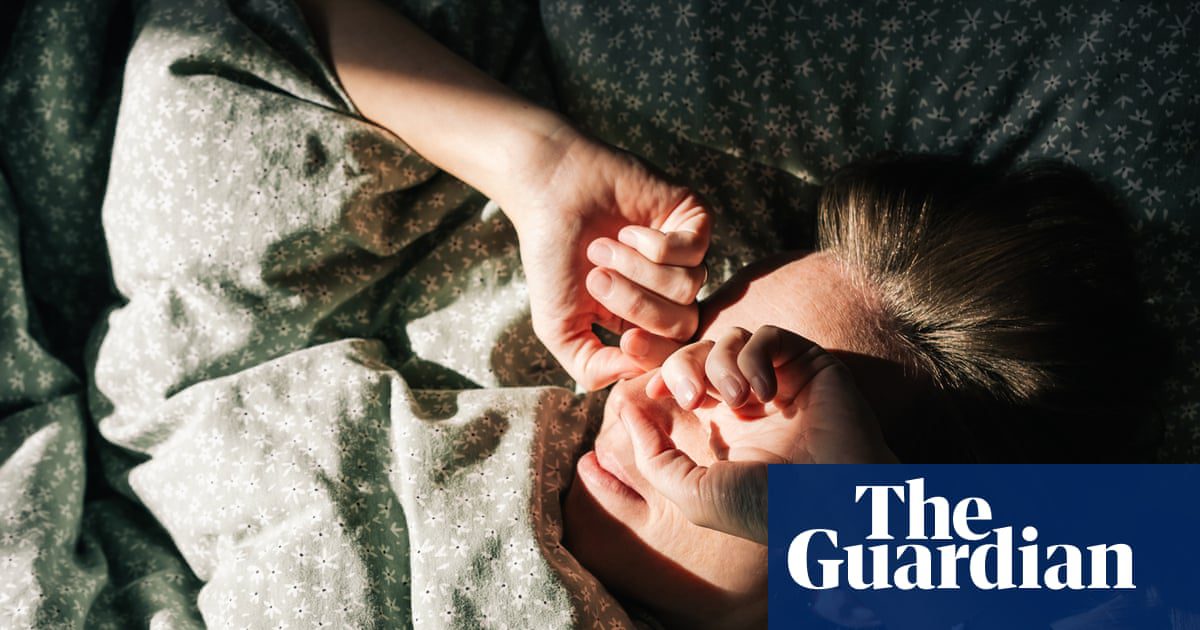I woke up on the couch feeling nauseous and groggy, with a needle-jabbing-my-temples headache. Was it the flu? Did I eat something bad? There was drool on my cheek, and I glanced at the clock. I remembered checking the time at 1.30 pm; it was now 4pm.
I’d accidentally taken a nap.
Many people say there’s nothing like a good nap – but not me. It always gives me stomach-turning nausea, usually for the rest of the day.
So I do my best to avoid dozing, even when I need the rest. In college, I’d power through even if I pulled an all-nighter. But now, as a mom, my no-nap lifestyle is more difficult to maintain. I feel like I’m playing real-life “would you rather”: zombie-tired from staying up all night with my crying baby or spin-cycle sick?
Dr Waiz Wasey, a Mayo Clinic-trained sleep physician based in Scottsdale, Arizona, says symptoms such as nausea, dizziness and lightheadedness after a nap are common. These can vary from mild to day-ruining, and could have different causes. Because of this, he says, treatment isn’t one-size-fits-all.
Why do I feel sick after a nap?
There are several reasons people might experience nausea, dizziness or a generally unwell feeling after a nap.
Sleep inertia: Wasey says sleep inertia, characterized by dizziness, lightheadedness, nausea and disorientation, is one of the main reasons people feel sick after taking a snooze.
Sleep cycles typically last about 90 minutes, which includes three sleep stages plus REM sleep. People usually go through three or four sleep cycles per night, but when nappers wake without completing a full cycle, they may experience unpleasant, often disorienting, symptoms, he says.
Most cases of sleep inertia are mild and resolve on their own after about 20 minutes, says Dr Funke Afolabi-Brown, a triple-board-certified sleep medicine physician based in Philadelphia. But extreme cases can involve “debilitating symptoms lasting four to six hours, sometimes with vomiting or panic-like symptoms”.
Sleep inertia isn’t nap-specific: it can also happen when you wake from a night’s sleep. But this is less common, says Wasey, as someone who has completed a few sleep cycles feels more restored upon waking.
Symptoms also tend to be more severe after a nap because of your body’s circadian rhythm, or natural daily sleep cycle. “Your body isn’t expecting to sleep in the afternoon,” Afolabi-Brown says. “Morning grogginess usually resolves within 15-30 minutes, while post-nap symptoms may persist…
Disclaimer
We strive to uphold the highest ethical standards in all of our reporting and coverage. We 5guruayurveda.com want to be transparent with our readers about any potential conflicts of interest that may arise in our work. It’s possible that some of the investors we feature may have connections to other businesses, including competitors or companies we write about. However, we want to assure our readers that this will not have any impact on the integrity or impartiality of our reporting. We are committed to delivering accurate, unbiased news and information to our audience, and we will continue to uphold our ethics and principles in all of our work. Thank you for your trust and support.
Website Upgradation is going on. For any glitch kindly connect at 5guruayurveda.com



